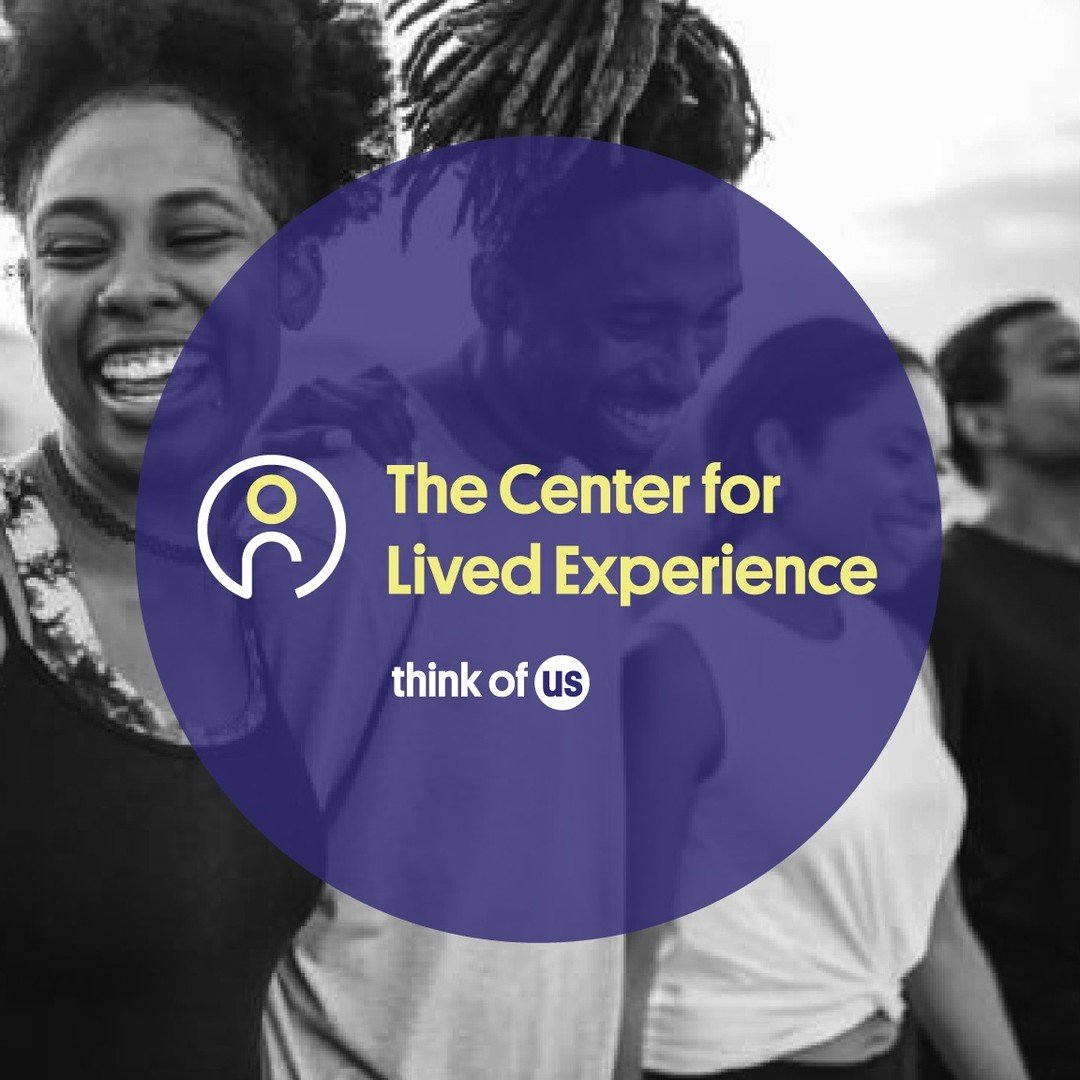‘Building the machine to make sure it gets done.’ Our conversation with Sixto Cancel.
Posted September, 9, 2022 by Mindi Wisman
Sixto Cancel is the founder and CEO of Think of Us and the Center for Lived Experience. He grew up in, and aged out of the child welfare system and now works to transform foster care and child welfare on a national level. Sixto spoke with Youth Catalytics’ Mindi Wisman for our Foresight Initiative about his organizations’ experiences during the pandemic, his goals for the future of foster care, and the importance of lived experience.
Mindi: Tell us about your history with Youth Catalytics.
Sixto: About 10 years ago Youth Catalytics was our fiscal sponsor. We were a bunch of 22-year-olds and we didn't have the baseline training of things like office costs, accounting costs; Youth Catalytics gave us support to think strategically on initial ideas. It was amazing. When you're incubating young people this is some of the stuff that happens. It was such a good learning experience.
M: I imagine that's something that you're doing now, trying to mentor and work with younger people to help them succeed?
S: Absolutely. When you’re making decisions at the federal, state, even at the county level, you're making decisions that affect a lot of people, and the question becomes, what are the things that drive making those decisions? We realized that the system has such an antiquated design around safety and protection. So, we've added elements to try to allow for innovations that focus on well-being and prevention. But we fundamentally have to disrupt the DNA of the system. And in order to do that we need to make sure we're making the right choices.
M: Some in the field talk about abolishing foster care; what's your ideal picture for foster care?
S: I do truly believe that the fundamental architecture of the system must be designed differently, and that supports must be rooted in lived experience. I don't imagine a world tomorrow, knowing how humans and government behave, where we want to say we're ending everything at this very moment without having an alternative. Because that is exactly what happened to people in mental health institutions. Decades ago, there was a call—and it was the right call—to not lock people up in asylums. But when folks were let out, what happened? We have a huge homelessness crisis because there was no alternative housing for people. We truly believe that the current foster care system is fundamentally flawed and that many people succeed despite the system. I believe that our job is to come in and help innovate and change the fabric of the DNA of the child welfare system.
M: I’ve read that you're an advocate for kinship care, is that a way to help change the DNA of foster care?
S: Yes. The reality is when people are placed with kin, 67% will graduate on time, they have two to three times fewer moves, and more emotional connection. Kinship care is not the silver bullet, it is not the perfect answer, but it is something that is reachable, obtainable, and available.
Sixto Cancel
M: How have the pandemic and the social justice movements of the past few years been for you personally and professionally as a young Black man, and a CEO?
S: When the pandemic hit, I leaned into it. We had been changing our model from being a tech nonprofit to being a research and design lab, figuring out what needed to change. What the pandemic did from day one was force everyone in society to say, we now have to do everything that we've ever known differently. And honestly—that was encouraging to me. We connected virtually across the country bringing people together in an unprecedented way. I really enjoyed that aspect.
When the ‘racial awakening’ came, it disturbed me because many people were having an awakening for something that has been so real and so present, and just the norm for me. So, while some organizations put out Black Lives Matter statements, I felt like this was nothing new to us. We have been doing this work. I now look at people who made their Black Lives Matter statements and think, what has changed? How much of people's resources are being focused on being equitable, and having race centered as part of the conversation and interventions and services? The reality is that there are more organizations who have done the light lift, rather than going deeper into it.
M: What key work moments have you taken from the past couple of years and run with?
S: We've launched a research center, The Center for Lived Experience that was born out of the pandemic, because during the pandemic people needed data; not from a year ago, not from 2 years ago, but real-time data about the challenges and experiences that young people and families were having on the ground. And they needed that information in the tens of thousands. We now hold a network of 30,000 current and former foster youth in our database. People with lived experience who were impacted by pandemic problems were literally the only folks who could give out enough information. We knew that we needed to understand the problems in a much more nuanced way, directly from people living through them. So, we're actually running our organization based on the data that we're getting from people with lived experience; data should be driving every decision we make.
M: What is next for you and The Center for Lived Experience? Is the goal to be writing policy?
S: No, we're not trying to write the policy. There's enough people doing policy work. But there's no machine in child welfare that actually gets policy executed. The major legislation that has passed in the last couple of decades has been part of other pieces of legislation. Where's the machine that's going to make sure that it really gets through? If we want something changed, we've got to build enough pressure and momentum. So we're focused on building the machine around policy.
M: What are next steps for the system going forward, using this pandemic momentum?
S: It has a lot to do with those of us on the front lines, and our beliefs around kin. That's where we start to explore equity. One of the greatest fabrics being ripped up when we're young is a disconnection of family. There's a difference between being disconnected from the person who's raised you your entire life (i.e. kin) and being placed with a stranger. Being placed with kin you know may still be painful, but it is a different type of pain than living in a complete stranger’s home, which induces a fear of survival, and not knowing what's going to happen to you. In order to start having more equitable experience’s, we must ensure that we are not separating families if we don't need to.


